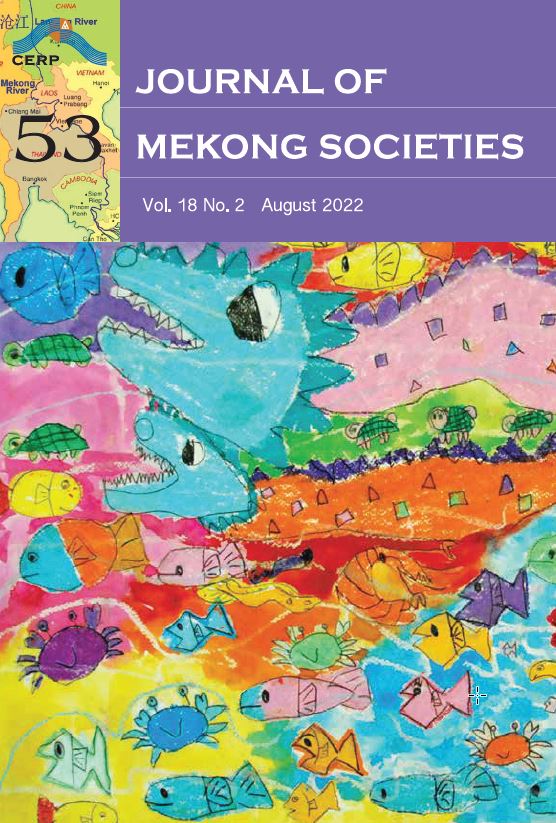How Actor-Networks Work in Community Adaptation under Special Economic Zone Development: A Case Study of Mukdahan, Thailand
Main Article Content
Abstract
This article examines the patterns and interplay of an actor-network in one of Thailand’s border special economic zones (SEZs) and identifies the factors affecting its capability in community livelihood restoration. An exploratory mixed method was applied. The systematic review technique, in-depth interviews with 35 key informants, and non-participant observation were conducted to trace power relations within the network. The survey of 375 residents and multiple regression techniques were adopted to identify the influential factors in communities’ adaptation. Results revealed that the network of SEZ establishment was overlayed on a preexisting network of locals’ livelihoods through land rights reform. Legislation passed after the 2014 coup was a key factor that dominated the relational flow within the network. Statistical analysis shows that local communities were not opposed to the idea of SEZs, but wanted more decentralization and constructive engagement of provincial authorities and community participation.
Article Details

This work is licensed under a Creative Commons Attribution-NonCommercial-NoDerivatives 4.0 International License.


